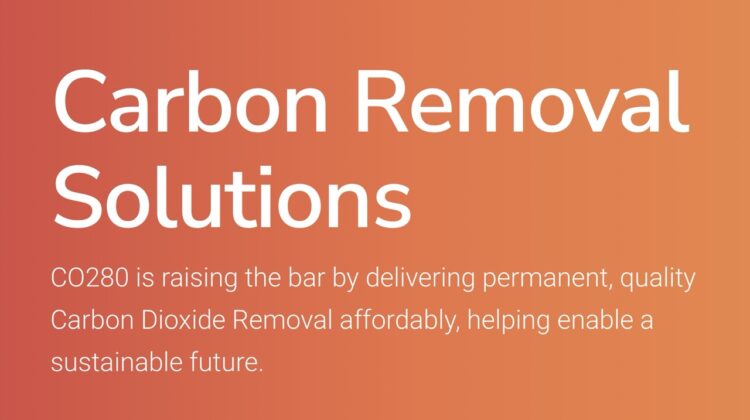
A Vancouver-based developer of large-scale carbon dioxide removal projects has revealed what it described as a “historic” agreement with U.S. tech titan Microsoft.
The agreement between CO280 and Microsoft will see a project capture and store biogenic carbon emissions from a U.S. pulp and paper mill.
Under the agreement, Microsoft will purchase 3.685 million tonnes of CDR over 12 years, which is among the largest engineered CDR purchases to date, according to CO280.
“The agreement with Microsoft is a significant milestone for CO280 and the CDR market,” believes Jonathan Rhone, cofounder and chief executive officer of CO280.
The B.C. company’s approach includes retrofitting existing pulp and paper mills to capture biogenic CO2 from boiler stack emissions for permanent geological storage.
“CO280 is committed to delivering the highest quality, permanent carbon dioxide removal while supporting the economic and environmental health of the communities we serve,” said Rhone.
“We’re incredibly grateful to Microsoft for their collaboration, leadership, and commitment to CDR excellence,” he added.
Pulp and paper mills emit 88 million tonnes of biogenic CO2 per year, which represents an opportunity to implement large-scale CDR, according to CO280, adding that the U.S. “has some of the best geology in the world for CO2 storage.”
Brian Marrs, Senior Director of Energy & Carbon Removal at Microsoft, agrees.
“Microsoft is pleased to announce this deal with the team at CO280, which has proven how to combine innovative engineering with strong commercial development towards creating affordable and scalable carbon removal solutions,” stated Marrs.
“The CO280 strategy of adding carbon removal to existing paper mills is an efficient way to quickly scale carbon removal and bolster investment and jobs into timberland communities across the United States,” he said.
The capture technology for this project will be supplied by SLB Capturi, formerly known as Aker Carbon Capture.
Last year, CO280 was among nine B.C. companies securing funding from the B.C. Centre for Innovation and Clean Energy to scale breakthrough innovation toward a net-zero global economy.
Since 2021, CICE is an independent nonprofit that helps fund the commercial development and scaling of made-in-B.C. clean energy solutions.
Founded in 2021, CO280 is currently developing more than 10 projects.


